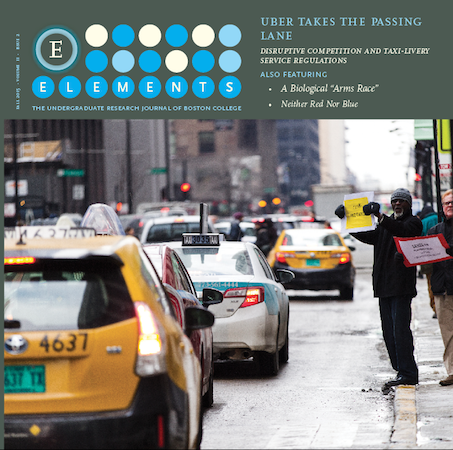Inherited Injustice: Stigma and Gender Discrimination as Barriers to AIDS Prevention in India
DOI:
https://doi.org/10.6017/eurj.v11i2.9068Keywords:
Fall 2015, social science, humanities, theology, sociologyAbstract
Over the past decade, programs that prevent the vertical transmission of HIV from parents to their children have become widely accessible in India. Despite this ostensible success, most Indian women and their unborn babies do not utilize these programs, and therefore remain vulnerable to vertical transmission. This article explores this troubling phenomenon by highlighting the particular effect of HIV/AIDS-related stigma on women who live in highly patriarchal societies. In these contexts, the effects of stigma become tangible rather than simply emotional. When stigma exists alongside gender inequality, these forces collude and become a structural barrier that keeps women from safely obtaining the treatment to prevent vertical transmission. This probelm is double-pronged as negative attitudes from health care staff create prejudices and prompt patients to keep their health status a secret out of fear of judgement. Attending to isuses of stigma and gender injustice is a necessary step in the mission of holistically adddressing the crisis of HIV/AIDS in India as well as the global community.Downloads
Published
2015-11-18
How to Cite
Larrabee, C. (2015). Inherited Injustice: Stigma and Gender Discrimination as Barriers to AIDS Prevention in India. Elements, 11(2). https://doi.org/10.6017/eurj.v11i2.9068
Issue
Section
Articles
License
Copyright (c) 2015 Elements

This work is licensed under a Creative Commons Attribution 4.0 International License.

